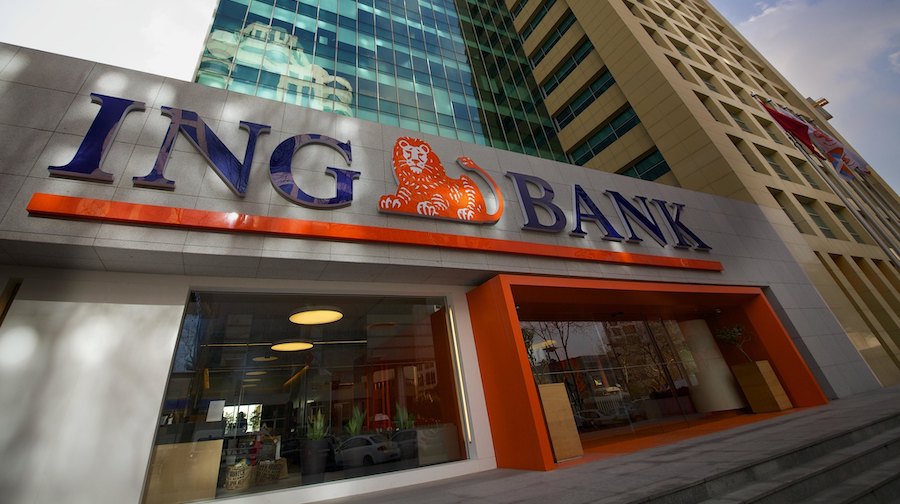
ING Groep NV is suing He Jinbi, a legendary Chinese copper trader and founder of troubled merchant Maike Metals International Co., over $147 million in unpaid debt.
The money involves overdue payments owed by Triway International Ltd., a trading arm of Maike, according to a Hong Kong High Court document dated June 26. He, Maike’s chairman, was sued by the Dutch bank as he failed to honor the guarantee obligation by repaying the debt of Hong Kong-based Triway, the filing showed.
The lawsuit may further complicate a restructuring at Maike, following a liquidity crisis at the trader that once handled a quarter of China’s copper imports. Maike said in February that it sought a fair debt payment plan to preserve its creditors’ interests, while introducing new investors and “quickly” resuming its main business of commodity trading.
It’s also the latest ING lawsuit in the Maike saga. The Dutch lender in April sued Industrial and Commercial Bank of China for allegedly breaching contract terms because it released export documents for copper transactions without collecting payment. The alleged contract breach led to ING booking losses on metals sold to Maike by Triway. Maike had banked with ICBC, China’s largest bank, while Triway was with ING.
ING declined to comment, while Maike didn’t respond to an email seeking comments on the lawsuit.
Maike, based in Xi’an in Shaanxi province, was hurt by repeated lockdowns in the city, alongside a slumping copper price last year. Banks have also grown increasingly cautious toward the commodity sector in China more broadly, adding to the pressure on private traders such as Maike.
Triway, a fully owned unit of Maike, trades physical metals and derivatives from Hong Kong. The Dutch bank issued a demand to He to pay the debt for Triway in October 2022, but the latter failed to honor the obligation, the case document said.
(By Dorothy Ma and Alfred Cang, with assistance from Winnie Zhu and Nicholas Comfort)
Comments